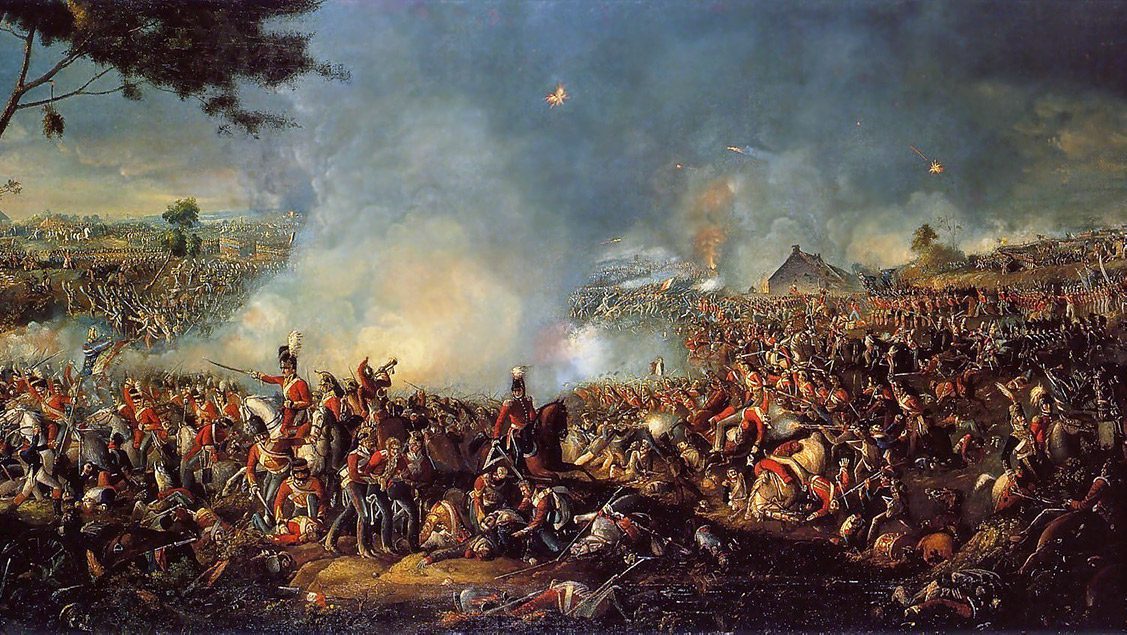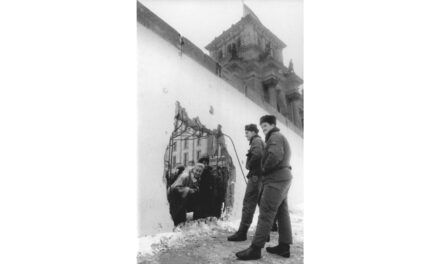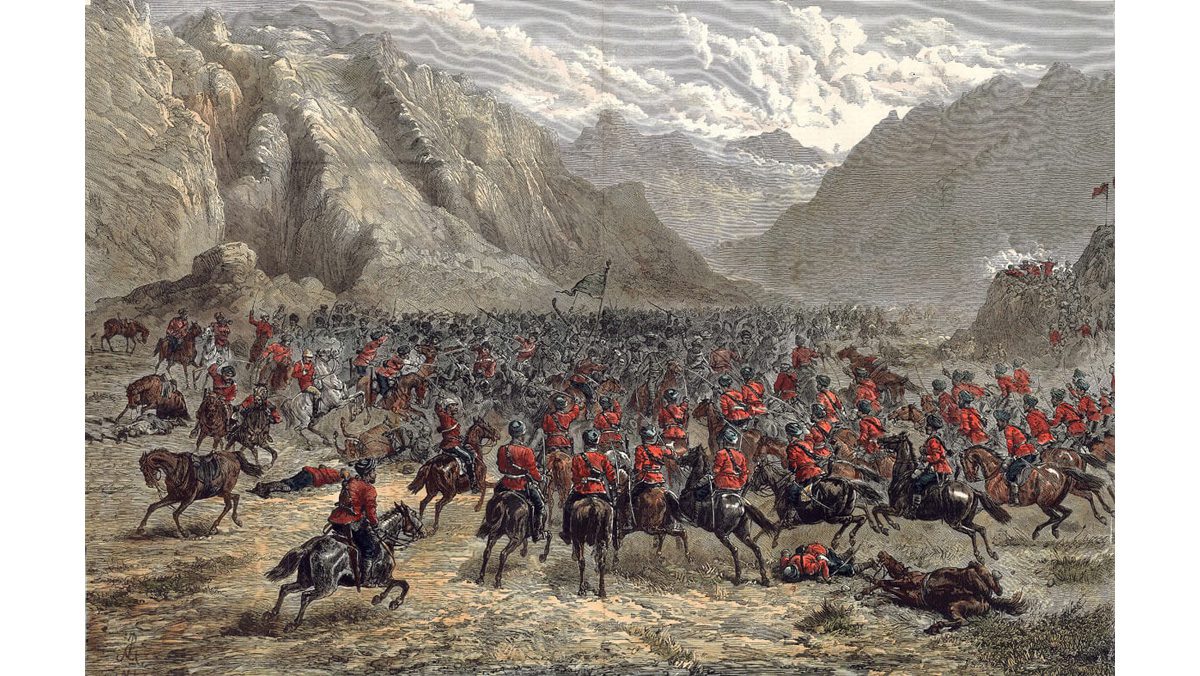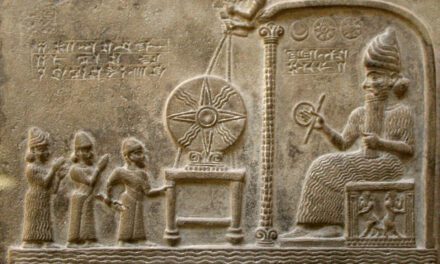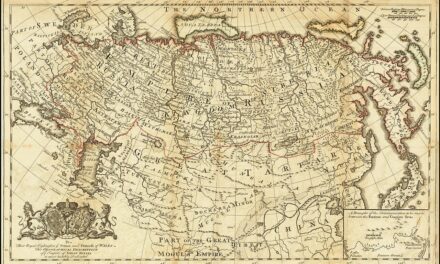History Guild Quiz – Intermediate
See how your history knowledge stacks up.
Want to know more about any of the questions? Once you’ve finished the quiz click here to learn more.
Have an idea for a question? Suggest it here and we’ll include it in a future quiz!
The stories behind the questions
1. In what year was Napoleon defeated at Waterloo?
1815 – The Waterloo Campaign, June 15 – July 8, 1815, was fought between the French Army against an Anglo-allied army and a Prussian army, which defeated Napoleon in the decisive Battle of Waterloo, forcing him to abdicate for a second time, and ending the Napoleonic Era.
2. What period of Japanese history was marked by rapid social change and industrialisation?
The Meiji Period – The Meiji era is an era of Japanese history that extended from 1868 to 1912. The Japanese people moved from being an isolated feudal society at risk of colonization by Western powers to the new paradigm of a modern, industrialised nation state and emergent great power, influenced by Western scientific, technological, philosophical, political, legal, and aesthetic ideas. As a result of such wholesale adoption of radically different ideas, the changes to Japan were profound, and affected its social structure, internal politics, economy, military, and foreign relations. The period corresponded to the reign of Emperor Meiji.
3. Where in Britain did Viking raiders first attack?
Lindisfarne – In A.D. 793, the Vikings attacked Lindisfarne, looting the monastery and killing or enslaving many of the monks. It was the first time the Vikings had attacked a monastic site in Britain, and the attack came as a major shock for medieval Christians.
4. The ancient city of Salzburg was founded on which industry?
Salt mining – The name Salzburg means “Salt Castle”. The name derives from the barges carrying salt on the River Salzach, which were subject to a toll from the 8th century.
5. Which of these conflicts involved two US allies fighting against each other?
The invasion of the Falklands – The United States did everything possible to avoid war and having to choose between key allies. The United States had a longstanding alliance with Britain, but by 1982 the right-wing junta in Argentina had become a key cold war ally in Latin America. Britain had expected resolute support from Reagan in retaking the islands by force. Instead what they got was studied neutrality. “We are friends with both countries,” the president breezily remarked, “was it really worth going to war?”. Margaret Thatcher was incensed, asking Regan “What would the United States do if Alaska were invaded?”.
6. Which Roman Emperor legalised Christianity in the Roman Empire?
Constantine I – Constantine was the first emperor to stop the persecution of Christians and to legalise Christianity, along with all other religions/cults in the Roman Empire. In February 313, he developed the Edict of Milan, which removed penalties for professing Christianity and it returned confiscated Church property.
7. Which disease has killed the most humans throughout history?
Tuberculosis – It has killed over 1 billion people in the last 200 years alone. See how the biggest killers compare here.
8. In what year did the highland clearances begin?
1745 – Read more about the highland clearances here.
9. Who was the first Chancellor of Germany?
Otto von Bismarck – A conservative German statesman who masterminded the unification of Germany in 1871 and served as its first chancellor until 1890, in which capacity he dominated European affairs for two decades. He provoked three short, decisive wars, against Denmark, Austria, and France.
10. The siege of Kohima was part of which conflict?
WW2 – The Battle of Kohima, together with the intertwined Battle of Imphal proved the turning point of the Japanese U-Go offensive into India in 1944 during the Second World War. Referred to as the “Stalingrad of the East”, the Japanese suffered their first defeat on the Asian mainland and never recovered from it.

